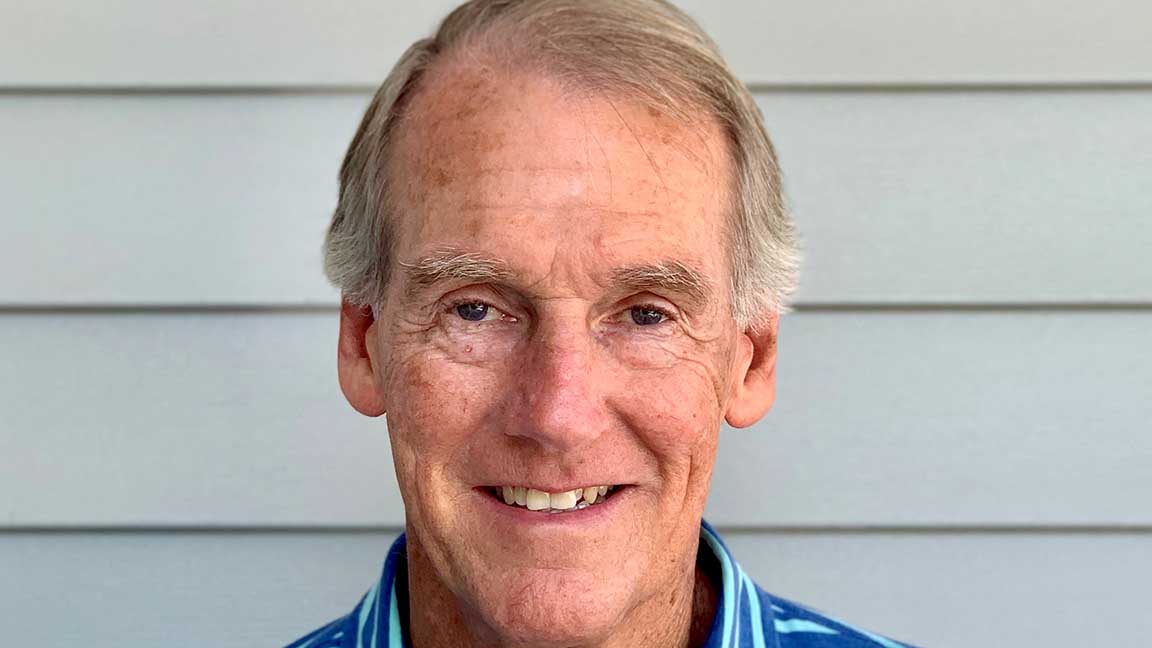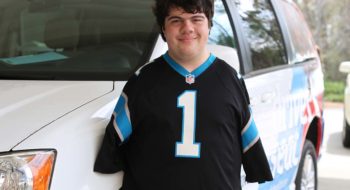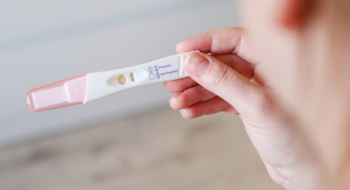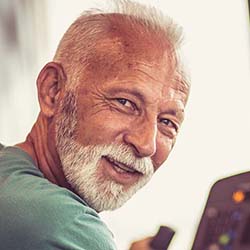When Myrtle Beach resident Jon Howell was diagnosed with Parkinson’s disease several years ago, he didn’t immediately have trouble speaking. But over time, his voice progressively got softer and it became hard for others to hear him.
It’s an issue that affects many people with Parkinson’s disease, a progressive neurological disorder that can cause muscle rigidity, tremors and changes in speech and gait.
To help combat the problem, Howell’s physician referred him to Tidelands Health Neurological Rehabilitation Center, where he took part in LSVT LOUD therapy, which helps people with neurological conditions such as Parkinson’s disease modulate their voices.
Improves speech
“Because it can be difficult for patients with Parkinson’s to be understood, a lot of patients with the condition stop talking or talk much less than they did before, which can cause isolation and loneliness,” said Austin “Beth” Barnhill Smith, Howell’s speech-language pathologist at Tidelands Health Neurological Rehabilitation Center. “The patient’s brain is telling them they are loud enough, but to the average listener, they are not.
“The program helps re-train patients’ brains to think ‘LOUD’ and helps restore their voice to a more normal volume. The results can be life changing; LSVT LOUD can help patients get their voice and ability to communicate back, and Jon was no exception.”
LSVT LOUD is a four-week, intensive speech therapy program. Patients participate in hour-long sessions with a speech-language pathologist four days each week and complete daily homework, which is critical to the program’s success.
Katherine McAlister, a speech-language pathologist and colleague of Smith’s at Tidelands Health Neurological Rehabilitation Center, says her patients have told her the program allowed them to continue working, gave them confidence to speak in social environments and made it easier to express ideas and opinions.
“LSVT LOUD stands out due to the extensive research that supports it and has been completed over the past 25 years,” McAlister says. “The approach is proven to produce significantly better results than traditional voice and motor speech therapy for patients with progressive disorders such as Parkinson’s.
“Besides the effectiveness of the program in improving loudness, researchers have also linked it to improvements in articulation, facial expressions and swallowing, all of which can be affected by Parkinson’s disease.”
A tremendous help
Howell says LSVT LOUD helped him tremendously.
“My voice was a lot stronger when I finished,” he says.
Howell’s daughter told him she can now hear him better when they speak on the phone. And he says he is able to communicate more effectively when in noisy settings such as at football games.
Howell’s advice for those who are considering undergoing the treatment is to not skip the at-home portion of the program.
“The homework really helped a lot,” he says. “On several days when I would not do the homework, I could tell there was a big difference.”
If you are experiencing a weakening voice, speak to a physician, McAlister says. He or she can help evaluate the cause of your symptoms and refer to you to speech therapy if appropriate.






